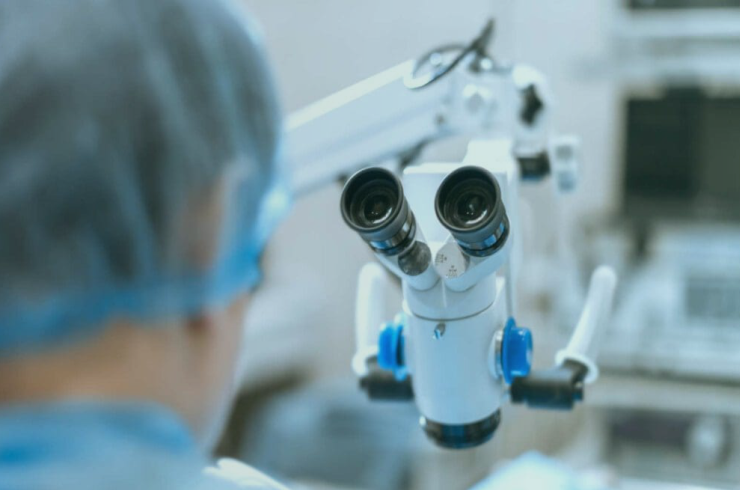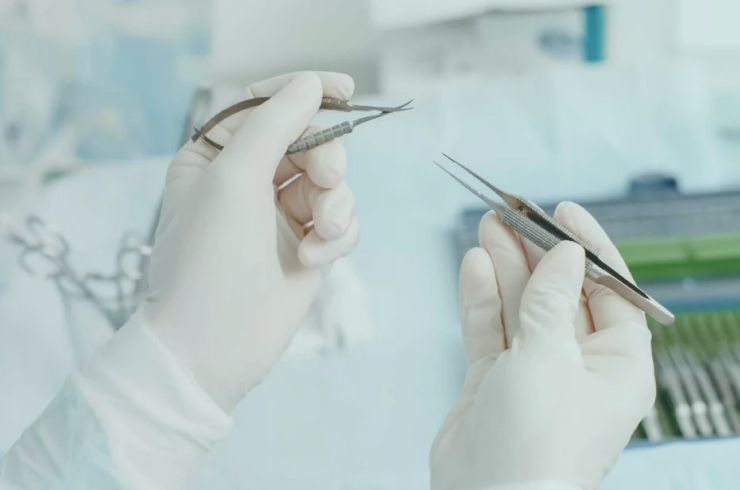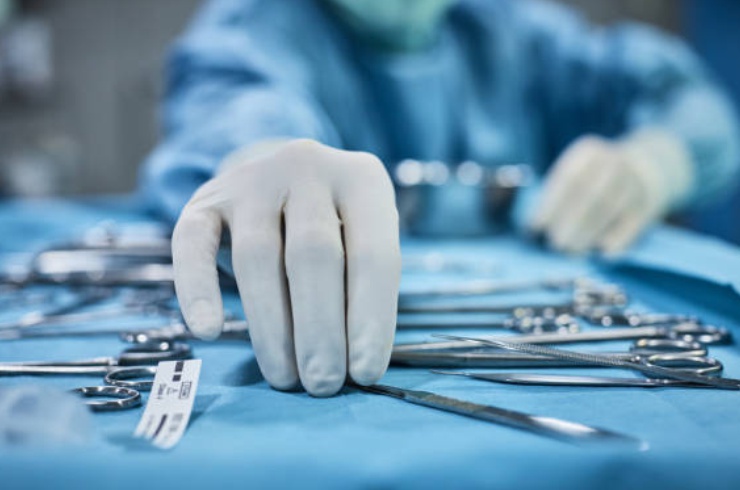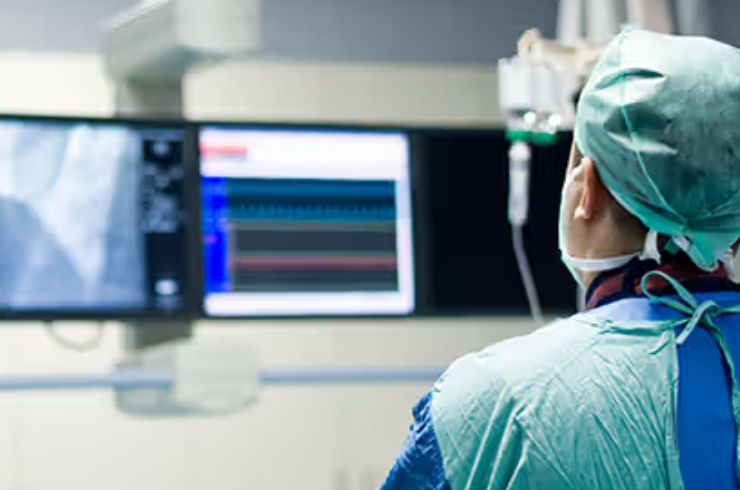Overview
Endpoint Preclinical’s Model Development service offers a comprehensive, customizable approach to designing, optimizing, and validating preclinical disease models across a broad spectrum of organ systems. Leveraging advanced surgical techniques and rigorous data analysis, our experts develop highly reproducible models that closely mimic complex human disease states.
Our portfolio spans models for cardiac dysfunction, renal and transplant scenarios, pulmonary injury, neurological disorders (including spinal cord injury), musculoskeletal and orthopedic conditions, gastrointestinal disorders, wound healing, and many additional areas—providing a robust foundation for device testing and therapeutic evaluation.
Service Highlights
Below is a selection of our offerings. If you don’t see exactly what you need, please contact us—we can likely help tailor a solution for your research.
Why Endpoint?
Successful model development demands extensive cross-disciplinary knowledge and careful validation at each step. Endpoint Preclinical leverages decades of practice in refining and replicating disease states—from straightforward organ injury to complex multi-system pathologies. By combining surgical excellence with robust data analysis and a collaborative design process, we help you achieve models that are both translationally relevant and reproducible, fueling meaningful insights and accelerating your path to new discoveries.














